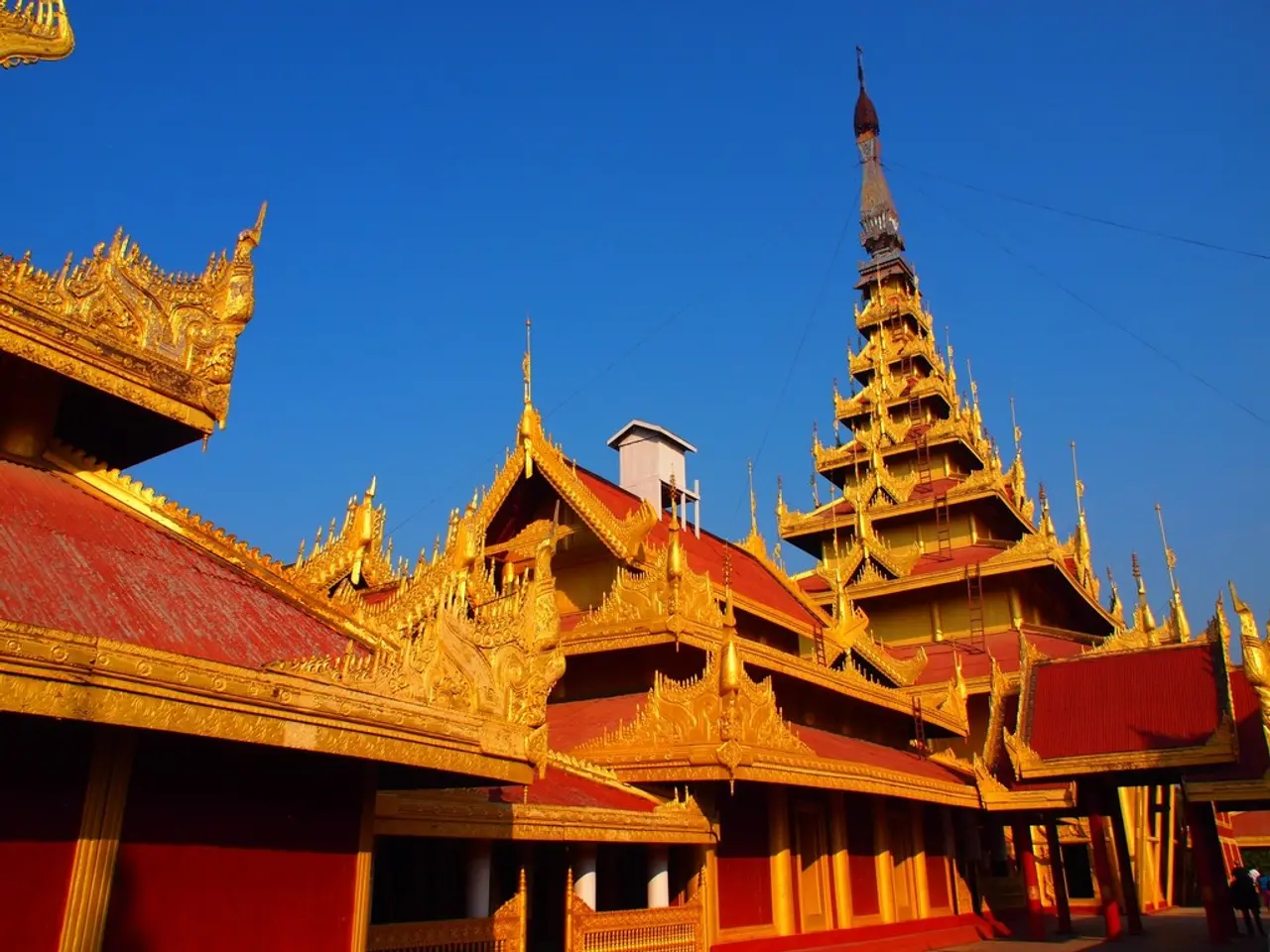Uncover the Emerald Enclaves of Idukki: Kerala's Concealed Natural Jewel
In the heart of Kerala, India, lies the picturesque Idukki district, home to the renowned Cardamom Hills, also known as Yela Mala. This region, part of the Western Ghats—a UNESCO World Heritage Site—boasts a rich biodiversity that includes Periyar National Park, a protected area teeming with wildlife such as tigers, elephants, and various bird species.
However, intensive cardamom farming in the Idukki district has raised concerns about the impact on the environment and the region's ecological balance. Over the past 30 years, the cultivation of cardamom, often referred to as the "queen of spices," has led to environmental problems, including increased pesticide use, groundwater depletion, and changes in rainfall and temperature patterns.
One of the primary issues is the loss of native shade trees and endemic species crucial for biodiversity. Intensive cultivation practices often involve clearing natural shade trees and native vegetation, threatening endemic species like *Cinnamomum malabatrum* and reducing the habitat for local flora and fauna. This conversion of diverse forest ecosystems into monoculture plantations can potentially disrupt the ecological balance in the fragile Western Ghats.
Moreover, cardamom farming in Idukki is sensitive to climate variations, further complicating sustainable cultivation. This has led to calls for implementing climate-resilient agriculture practices and smart farming techniques, such as integrating GIS and AI to optimise productivity while reducing environmental harm.
The Kerala State Biodiversity Board (KSBB) is promoting organic cardamom farming to reduce reliance on harmful chemical pesticides in the Cardamom Hill Reserve. This shift towards sustainable farming and responsible resource use is crucial for maintaining cardamom cultivation and preserving the ecological health of the region.
Visitors to Idukki can explore lush cardamom plantations, especially during the harvest season from October to February, and learn about cultivation practices and the cultural significance of cardamom in the region. Guided visits with local farmers offer a deeper understanding of the region's heritage.
The area also provides excellent opportunities for guided nature walks and treks through the hills and forests, with chances to spot native species like elephants, deer, bison, and the Malabar grey hornbill. Nearby attractions include Munnar, known for Eravikulam National Park and scenic waterfalls; Thekkady, home to Periyar National Park; Vagamon, popular for paragliding and nature walks; Kodaikanal, a cool hill station; and Kochi, a historic port city featuring colonial architecture, vibrant spice markets, and cultural attractions.
The Idukki Wildlife Sanctuary requires respectful behaviour, encouraging eco-friendly practices, avoiding littering, and maintaining a safe distance from wildlife to preserve its fragile ecosystem. The district is also home to several indigenous tribes, including the Mannan, Muthuvan, Paliyan, Urali, Malayarayan, Malapulayan, and Ulladan, offering opportunities to learn about their traditions and enjoy local cuisine.
In summary, the Idukki district of Kerala, with its rich biodiversity and picturesque landscapes, offers a unique blend of sustainable cardamom farming, wildlife conservation, and cultural experiences. By adopting sustainable farming practices and respecting the fragile ecosystem, visitors can contribute to the preservation of this remarkable region.
- To maintain the balance of the unique biodiversity in the Idukki district, it is essential to promote organic cardamom farming and minimize the clearing of native shade trees, as their loss can lead to the deterioration of the delicate ecological balance in the Western Ghats, thus impacting home-and-garden plant species and wildlife.
- As part of their travel, visitors to Idukki can immerse themselves in the local lifestyle by learning about sustainable cardamom farming techniques, exploring lush cardamom plantations, and even participating in guided nature walks and treks in the district's pristine home-and-garden landscapes, which offer glimpses of various endemic species and cultural experiences.




